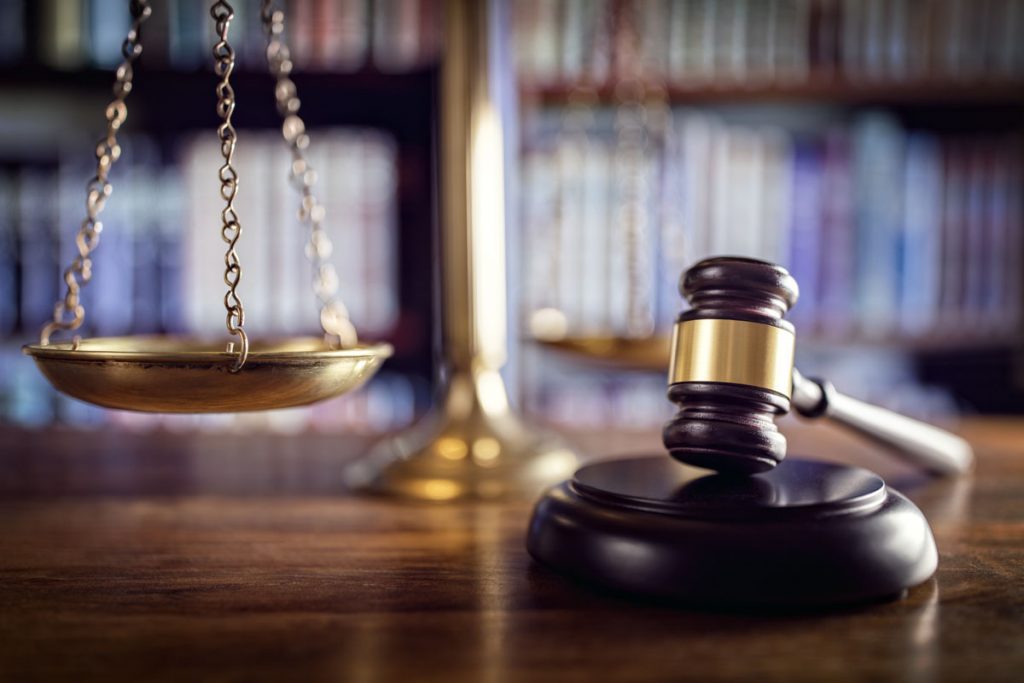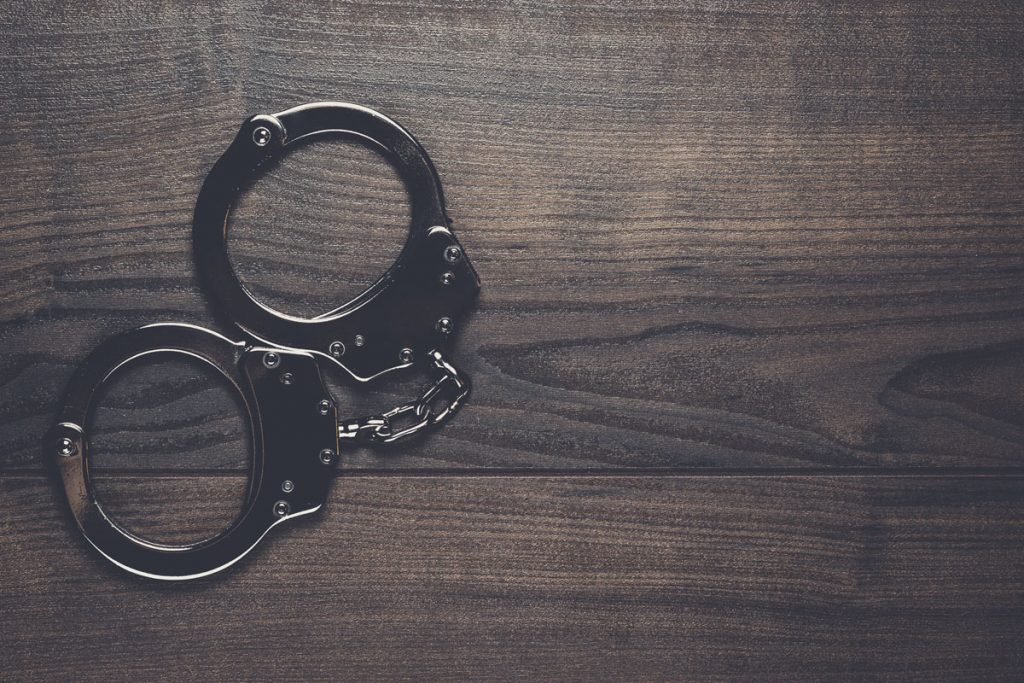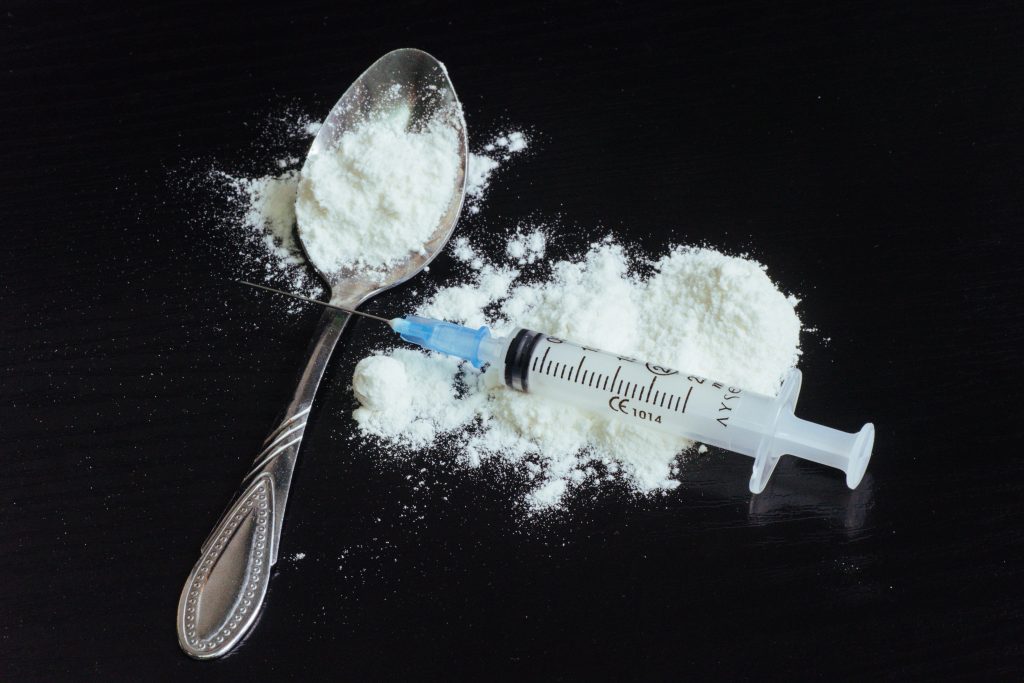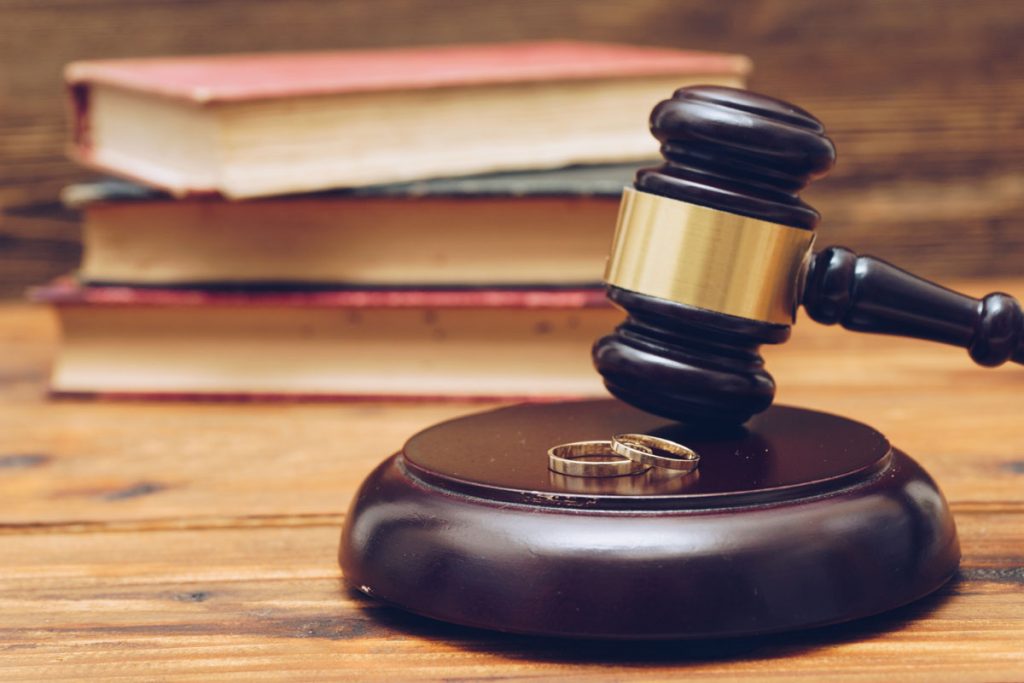Drug Possession Defenses

If you’ve been charged with drug possession, whether for personal use or with the intent to sell, a criminal defense attorney can help you figure out what defenses you have. Some defenses object to the case’s stated facts, testimony, or evidence. Others focus on procedural flaws. Some defendants use an affirmative defense to fight drug possession accusations, which means they present evidence that proves they were operating legally or that the prosecution doesn’t have a case.
This article examines drug possession defenses, which include everything from uncommon methods to more conventional ones like criticizing the prosecution’s case or using an affirmative defense.
Unauthorized Search and Seizure
The United States Constitution’s Fourth Amendment guarantees citizens protection against the government. Authorities are only allowed to search a person’s body or property under limited circumstances. In drug possession defense cases, search and seizure challenges are widespread.
Illicit substances discovered in plain sight can be seized and used as evidence in a drug case. Drugs or drug paraphernalia on a car’s dashboard as an officer conducts a legal traffic stop are an example of plain visibility. Another example is a marijuana field seen from a plane flying overhead.
Consider the case that a cop, without permission, prys open a car’s trunk and discovers drugs. A low-flying drone, for example, may be flown over a certain place and photographed a hidden marijuana field. Without a search warrant, here are a few examples of searches that would be illegal.
If authorities get evidence through illegal means, the evidence will be excluded from the trial. Because evidence discovered during an illegal search is generally crucial to the prosecution’s case, if officers violated your Fourth Amendment rights, the government will frequently withdraw its case.
Someone else owns the drugs.
Criminal defendants accused of drug possession frequently claim that the narcotics do not belong to them or that they were unaware that they were in possession of the drugs. However, this may not be as compelling an argument as you may believe.
To be convicted of drug possession, police do not need to detect drugs on your person or directly in your possession. Prosecutors typically only need to establish that you had control of or access to the drugs.
A defense attorney may argue at trial that there is a reasonable doubt that you were aware of the drugs. This can be difficult, though, if a passenger in your automobile, for example, was taking drugs soon before or during your arrest. That is why you should always consult with a criminal defense attorney before making any accusations or arguments to the police.
Analysis by a Crime Lab
Not all ostensibly credible evidence is what it appears to be. Just because something appears to be cocaine or LSD does not mean it is. By sending evidence to a crime lab for analysis, the prosecution must show that a confiscated substance is truly the prohibited narcotic it claims to be. A criminal defense lawyer can bring up flaws with the crime lab analysis report, such as inaccuracies or contradictions. The defense might demand that the crime lab analyst testify at trial if there are any difficulties.
Problems with the Chain of Custody
Another defense to drug possession is that the drugs have gone missing. Police commonly store narcotics confiscated during an arrest or during the execution of a search warrant in an evidence room or locker. A defense attorney can question whether the medications provided as evidence were actually taken from the defendant during the trial (and not from a different case).
This is commonly referred to as a chain-of-custody assault. Other chain of custody challenges include allegations that one of the policemen handling the medications during an investigation did so inappropriately. The success of such a strategy is determined by the number of officers who handled the drugs and how successfully the police created and maintained records of such activities.
Entrapment
While cops and informants are free to set up sting operations, entrapment happens when officers or informants persuade a suspect to commit a crime that he or she would not have committed otherwise. It is not always entrapment when an undercover officer obtains narcotics from or sells drugs to a suspect.
Entrapment may be a defense if officials go so far as to harass or scare someone into committing a drug offence. A drug crime defense lawyer will be able to assist you with this intricate legal problem.
Exception for Medical Marijuana
The use of marijuana for medical purposes is never a defense for federal drug possession charges, but it may be in states where medical marijuana is authorized. Typically, states that allow such exceptions to marijuana laws require a signed doctor’s recommendation. However, several of those states also allow persons arrested for marijuana possession to assert an affirmative defense if they can provide clear and persuasive proof of medical necessity.
Do you need assistance with drug possession defenses? Make an appointment with an attorney.
If you’ve been charged with drug possession, you may have defenses that aren’t immediately evident. There are additional other defenses that may apply to your case that aren’t mentioned here. For example, if you have more than a specific amount of a narcotic in your possession, the law presumes you’re selling it. You can, however, claim that the drugs are for personal use, which could result in reduced fines and the possibility of drug treatment as part of your sentence rather than more time in prison. Other possible defenses include saying you were forced to testify or that you were threatened by others.
A criminal defense lawyer can frequently expose flaws in the prosecutor’s case. It’s in your best benefit to call an experienced, local criminal defense attorney as soon as possible if you’re dealing with a criminal case.
Need A Criminal Defense Lawyer In Scottsdale or Phoenix?
Canterbury Law Group’s criminal defense lawyers in Phoenix and Scottsdale will defend your case with personal attention and always have you and your best interests in mind when offering legal solutions. Call today for an initial consultation! We handle criminal defense cases in all areas of Phoenix including Mesa, Tempe, Chandler, Maryville, Apache Junction, and more.
We are experienced criminal defense attorneys and will fight for you to obtain the best possible outcome. Our firm will rigorously represent you, so you can get on with your life. Call today for an initial consultation! 480-744-7711 or [email protected]
*This information is not intended to be legal advice. Please contact Canterbury Law Group today to learn more about your personal legal needs.




